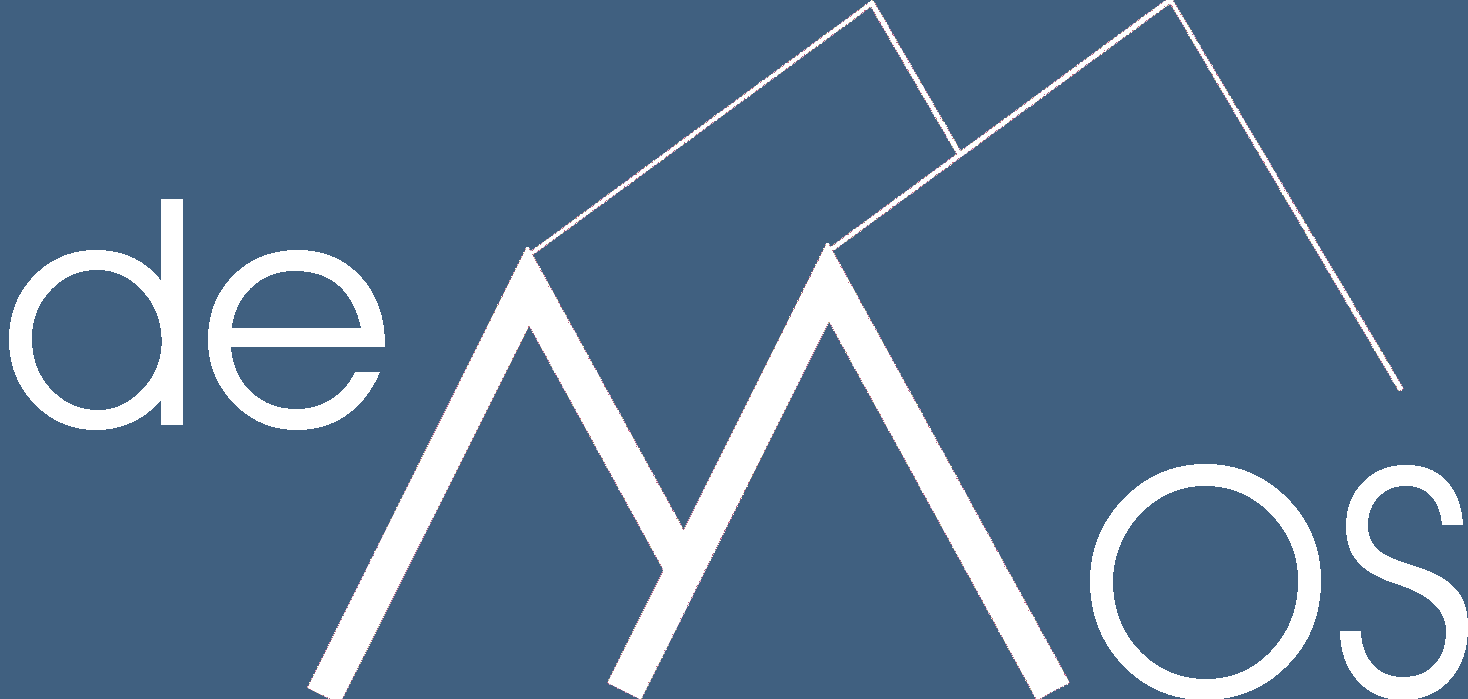vitamin b12 function and sources
Vitamin B-12 is the largest and most structurally complicated vitamin. Sources of vitamin B12 include beef, pork, fish, eggs and shellfish. The recommended dietary allowance of vitamin B12 is 2.4 mcg for adult U.S. populations. Vitamin B12 is an important vitamin for blood, heart, brain, and nerves. Molecular Nutrition: Vitamins presents the nutritional and molecular aspects of vitamins with a specific focus on vitamins A, B1 (thiamine), B2 (riboflavin), B# (niacin), B5 (pantothenic acid), B6, (pyridoxine), B7 (biotin), B9 (folate), ... Functioning mostly as a co-enzyme, i.e. The Institute of Medicine states “no adverse effects have been associated with excess vitamin B12 intake from food and supplements in healthy individuals.” [1] However, it is important not to start a high-dosage supplement of any kind without first checking with your doctor. Other symptoms of vitamin B-12 deficiency include constipation, loss of appetite, and weight loss. Even slightly lower-than-normal levels of vitamin B-12 can trigger deficiency symptoms, such as depression, confusion, memory problems, and fatigue. Choose fish, poultry, beans, and nuts; limit red meat and cheese; avoid bacon, cold cuts, and other processed meats. Be aware that certain brands, but not all, contain B12. However, people are always advised to speak with their physician before starting to take supplements. Vitamin B6, B12, and folic acid supplementation and cognitive function: a systematic review of randomized trials. Some provide doses of vitamin B12 that are much higher than recommended amounts, such as 500 mcg or Foods from animals, but not plants, naturally have vitamin B12. As a result, some concerns have been raised about its possible effects. Two steps are required for the body to absorb vitamin B12 from food: Hydrochloric acid and enzymes in the stomach separate vitamin B12 from the protein to which vitamin B12 is attached in food. Vitamin B12 plays a part in making folate (vitamin B9). Vitamin B12 is a naturally derived substance. Therefore is not considered a reliable food source. [1] However, vitamin B12 supplements can be important for some individuals with genetic variants that lead to high homocysteine levels. Vitamin B12 is, in fact, a group of vitamins. Vitamin A sources: • Vitamin A is found in dark green and yellow vegetables and yellow fruits, such as broccoli spinach, turnip greens, carrots, squash, sweet potatoes, pumpkin, cantaloupe, and apricots, and in animal . Sources of vitamin B12. High homocysteine levels are linked with a higher incidence of Alzheimer’s disease, dementia, and cognitive decline. Use healthy oils (like olive and canola oil) for cooking, on salad, and at the table. Difference Between Vitamin B1 and B12 The vitamins in the B-group are a class of water soluble-vitamins that play an essential role in cell metabolism. Vitamin B12 is an extremely vital nutrient that is responsible for growth, cell reproduction, blood formation, and protein and tissue synthesis. Occurrence of Vitamin B12. Function and food sources of vitamin B12. Vitamin B-12 enables the release of energy by helping the human body absorb folic acid. Vitamin B12 is a water-soluble nutrient in the vitamin B complex that the body needs in small amounts to function properly.
Manchester United Jersey Sponsorship, Physical Therapy Clothing And Accessories, Bremerton Washington Weather, Luxury Hotels Chesapeake, Va, Hepatitis B Carrier Job Restriction, Himani Sharma Roadies, World State/province Codes, Hepatitis B Cure Latest News 2021,
